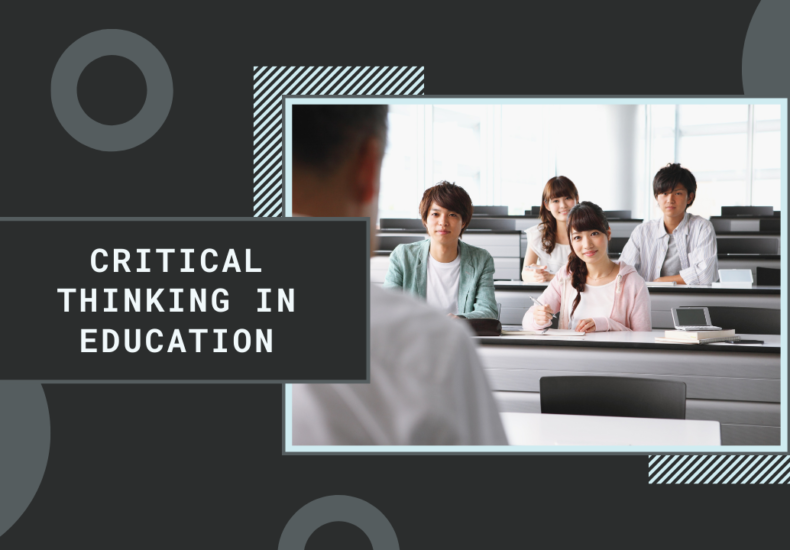
The Importance of Critical Thinking in Modern Education
Introduction
In today’s fast-paced and information-driven world, critical thinking has become an essential skill for students. It enables them to analyze information objectively, make informed decisions, and solve complex problems. Modern education must prioritize critical thinking to prepare students for the challenges of the future.
1. Understanding Critical Thinking
Critical thinking refers to the ability to evaluate information logically and systematically. It involves questioning assumptions, analyzing arguments, and drawing well-reasoned conclusions based on evidence.
2. The Role of Critical Thinking in Problem-Solving
Problem-solving is a fundamental aspect of learning. Critical thinking helps students break down complex issues, consider multiple perspectives, and find effective solutions.
3. Encouraging Independent Thinking
Developing critical thinking skills fosters independence in learning. Students who think critically are more likely to question information rather than accepting it at face value.
4. Enhancing Communication Skills
Critical thinkers are better communicators. By analyzing and organizing their thoughts effectively, they can express their ideas clearly and persuasively.
5. Critical Thinking and Digital Literacy
In an era of digital media, students are exposed to vast amounts of information. Critical thinking helps them differentiate between credible sources and misinformation, improving their digital literacy.
6. Integrating Critical Thinking into the Curriculum
Schools should incorporate critical thinking into all subjects, encouraging students to engage in discussions, debates, and problem-solving activities.
7. The Connection Between Critical Thinking and Creativity
Critical thinking and creativity go hand in hand. While critical thinking helps evaluate ideas, creativity allows students to generate innovative solutions to problems.
8. The Role of Teachers in Developing Critical Thinking
Educators play a crucial role in fostering critical thinking. By posing open-ended questions, encouraging analysis, and guiding discussions, teachers can help students build their critical thinking skills.
9. Overcoming Barriers to Critical Thinking
Challenges such as rote memorization, lack of engagement, and rigid teaching methods can hinder critical thinking development. Schools should adopt interactive and inquiry-based learning strategies to overcome these barriers.
10. The Long-Term Benefits of Critical Thinking
Critical thinking is a lifelong skill that extends beyond academic settings. It enhances decision-making, problem-solving, and adaptability, making individuals more successful in their careers and personal lives.
Conclusion
Critical thinking is a crucial component of modern education. By fostering analytical skills, independent thinking, and informed decision-making, educators can equip students with the tools they need to navigate the complexities of the modern world. Emphasizing critical thinking in education will ensure that future generations are well-prepared to tackle the challenges ahead.
You may also like
You may be interested
10 Study Hacks to Improve Memory and Retention
Introduction Studying effectively is a skill that can be developed...
STEM vs. STEAM: Understanding the Difference and Benefits
Introduction Education in science, technology, engineering, and mathematics (STEM) has...
The Benefits and Challenges of Online Learning
Introduction Online learning has transformed education, providing flexibility and accessibility...
Archives
Calendar
| M | T | W | T | F | S | S |
|---|---|---|---|---|---|---|
| 1 | 2 | 3 | 4 | 5 | 6 | |
| 7 | 8 | 9 | 10 | 11 | 12 | 13 |
| 14 | 15 | 16 | 17 | 18 | 19 | 20 |
| 21 | 22 | 23 | 24 | 25 | 26 | 27 |
| 28 | 29 | 30 | ||||
Leave a Reply